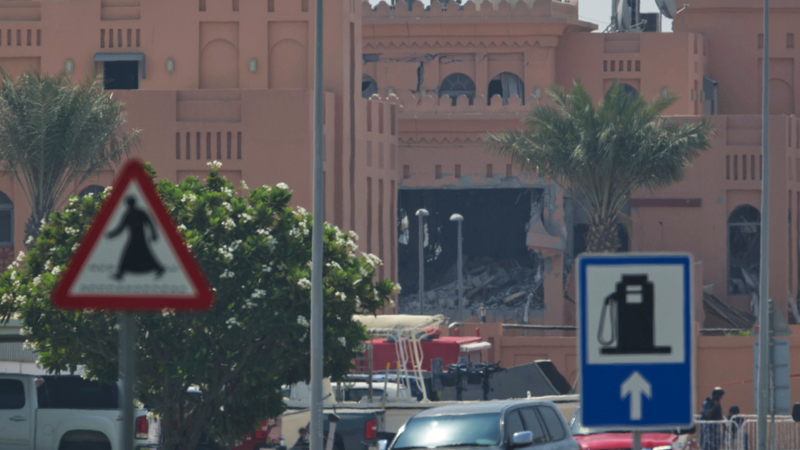The United Arab Emirates (UAE) took an unprecedented step on Friday by summoning Israel's deputy ambassador. The move came in response to Israel's targeted airstrike on Hamas leaders in Doha, Qatar, and Prime Minister Benjamin Netanyahu's sharp rhetoric that followed.
The UAE, the first Gulf nation to normalize ties with Israel under the 2020 Abraham Accords, criticized what it called hostile and provocative rhetoric from Jerusalem. Officials say continued inflammatory comments threaten decades of growing economic and security partnerships.
Before Tuesday's strike in Qatar's capital, Abu Dhabi and Israel had already clashed over plans to annex parts of the West Bank—a step the UAE warned would cross a red line. Netanyahu upped the ante this week by giving Qatar an ultimatum: expel Hamas leaders or face direct action.
International reactions to the Doha strike were swift. Gulf Cooperation Council members convened, and on Sunday, Doha will host an emergency Arab-Islamic summit to coordinate a unified response. UAE President Sheikh Mohammed bin Zayed Al Nahyan led a Gulf tour to align positions and seek de-escalation.
For many young global citizens, this incident highlights the delicate balance between diplomacy and defense in a region undergoing rapid transformation. The fallout could ripple across emerging markets, energy trade, and even tourism hotspots in the Gulf—especially for digital nomads and entrepreneurs eyeing the UAE as a business and travel hub.
As the region braces for the Arab-Islamic summit in Doha, the world will be watching whether economic ties can withstand these political shocks. The UAE's bold diplomatic rebuke signals that even close partners can find themselves at odds when regional security is at stake.
Reference(s):
UAE summons deputy Israeli ambassador over attack on Hamas in Qatar
cgtn.com



